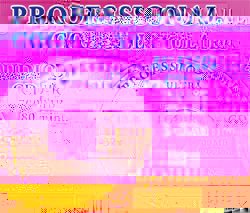StubHead, I'm not sure the thread's been totally useful to you yet.
If you haven't been burning the CDs in audio format then no, they won't play on most CD players, but they'll play fine in a computer.
Compare, for instance, two things that I could use a notebook full of thin paper for. Firstly I could paint a frame of animation on each page. Then we could shine a light through it, and flick through the pages, to see an animation take place on a screen.
Or, I could write out the story on the pages. The same information is stored on the paper, but shining a light through it and flicking through the pages will result in a meaningless jumble on screen.
Writing AAC or MP3 files to a CD is like the latter case. That information is on the disc, but, for the method that a normal CD player uses to play music, it's useless.
As for the RedBook standard - don't get too hung up on the licensing and things. You don't need to worry about this at all; the software you're using will already have the licensing taken care of, and it'll likely just call this "Audio CD". To burn an Audio CD, the software will need to take your files, whatever format they're in, and convert them to an uncompressed stream. That stream is what gets burned on to the CD. Usually this will take place transparently, in memory, so you get the impression of burning your AACs straight to the disc.
With this method, much less music can fit on the disc - 74 minutes, usually.
iTunes can do this and I believe WMP can do it too. You need to be sure you're telling it to burn an Audio CD though, not just a computer-formatted disc full of files that happen to contain encoded music.
Personally, I use
this software for pretty much all disc burning. It will do the process I've described above just fine. It's not the most intuitive software ever, but you are definitely intelligent enough to use it. There's a guide
here on how to do it with this software.
[Note that some standalone CD players do support looking at a disc full of MP3s or whatever, and playing the tracks - but this is an extra feature and not one that manufacturers must implement in order to be allowed to call their unit a "CD Player".]




